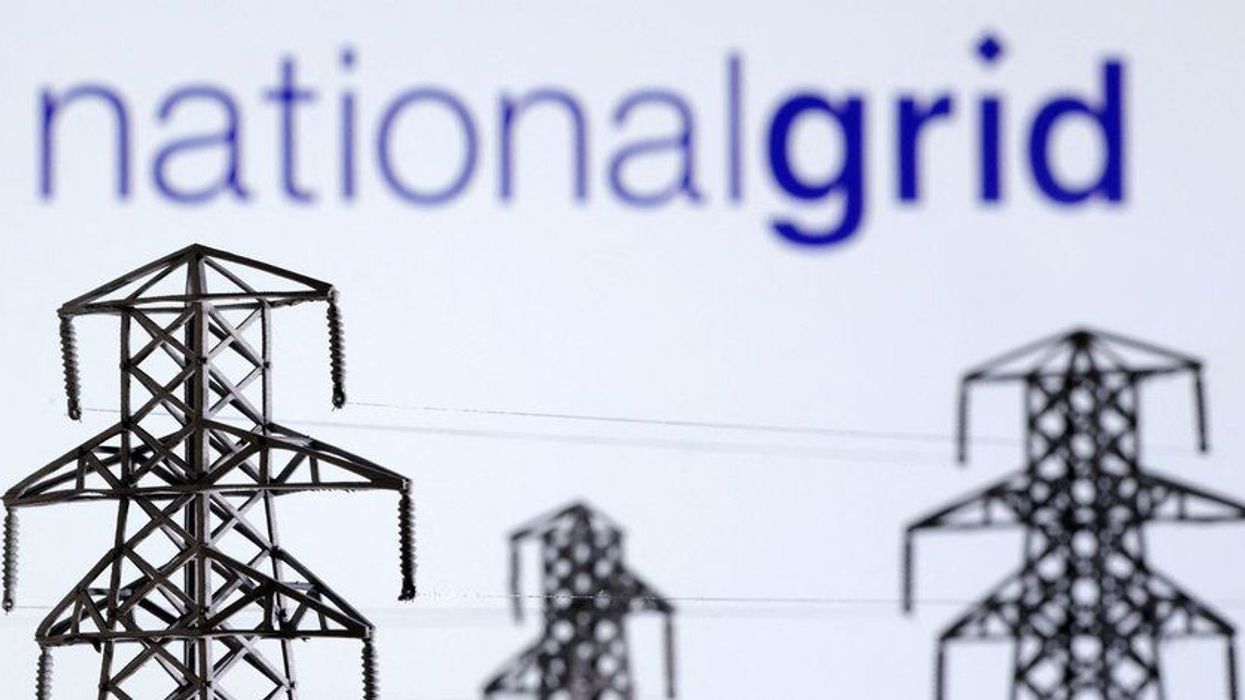Britain's National Grid, on Thursday (15), expressed confidence in having sufficient capacity to meet the electricity demand during the upcoming winter.
Amid the ongoing supply risks resulting from Russia's invasion of Ukraine, the National Grid remains committed to exploring additional options.
Despite the disruptions in gas flows from Russia due to the conflict in Ukraine, Europe and Britain have concluded the winter season with a record amount of gas stored.
This achievement can be attributed to a combination of factors, including a mild winter, reduced demand, and increased imports of liquefied natural gas (LNG).
Consequently, the need for refilling gas storage ahead of the next winter is expected to be minimised, with storage levels anticipated to reach full capacity by August or September.
According to the early winter outlook provided by the National Grid's Electricity System Operator (ESO), a "base case" margin of 4.8 gigawatts, equivalent to approximately 8% of the expected demand during a cold spell, is projected.
While this margin estimate is slightly higher compared to the previous year, it aligns well with the margins observed in previous winter seasons.
"We expect there to be sufficient operational surplus in our Base Case throughout winter," ESO said in the report.
"In light of the continued risks and uncertainties relating to the Russian invasion of Ukraine the ESO continues to explore the potential availability of additional operational options," it added.
In the previous year, gas-fired power plants played a significant role in generating over 40% of Britain's electricity.
Additionally, approximately 80% of British households rely on gas for heating purposes.
According to a report from Britain's National Gas Transmission company, it was revealed on Thursday that the forecast for an 8% reduction in local distribution zone (LDZ) demand, primarily driven by heating requirements, due to high energy prices, was expected to remain unchanged.
The LDZ demand levels were projected to remain similar to those experienced in the previous winter season.
Furthermore, the report highlighted that the overall demand for power generation would continue to experience a slight decrease as more renewables come online.
It is expected that interconnector flows to Europe will surpass the average, although they are expected to be lower compared to the previous winter.
This projection takes into account the likelihood of additional liquefied natural gas (LNG) import capacity in Europe.
The supply of LNG is anticipated to remain at high levels, which will facilitate the export of LNG to continental Europe during periods of low demand in Britain.
(Reuters)




